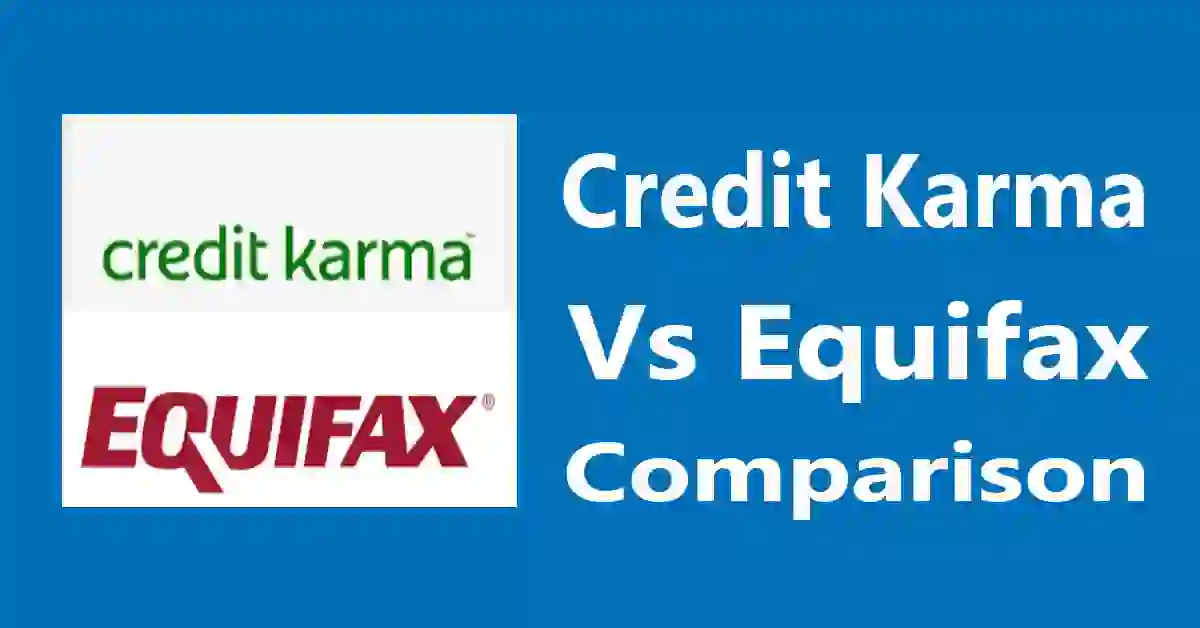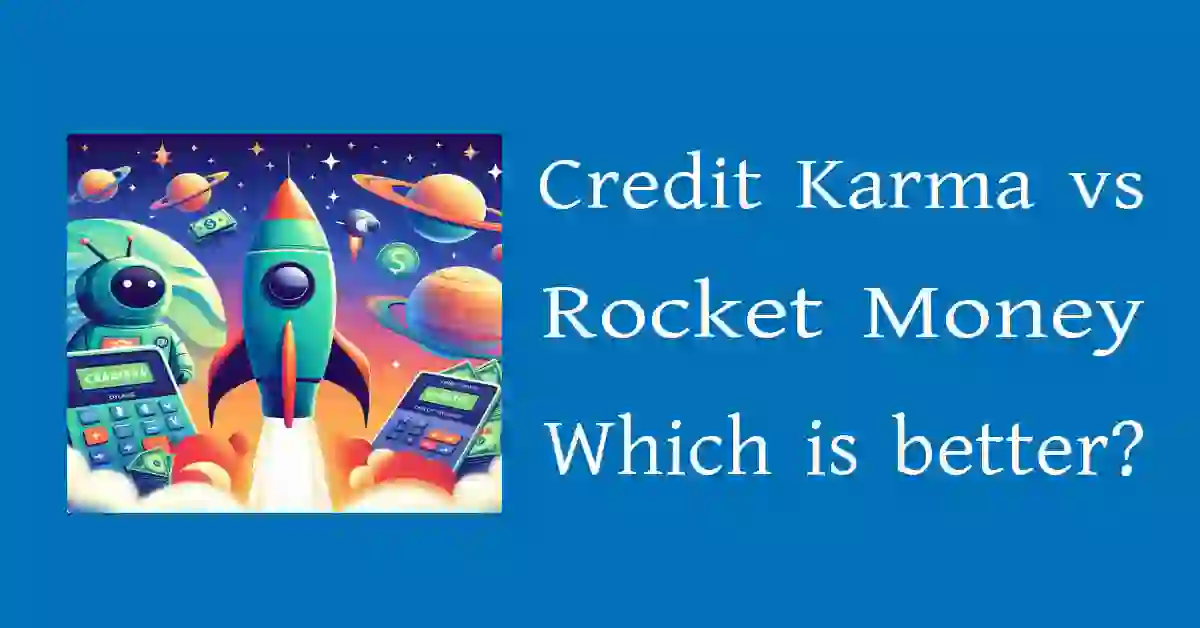In the financial circle, credit scores and reports are vital service components that enable people and organizations to make appropriate decisions. Of the companies that deal in this area, Credit Karma and Equifax are some of the most recognizable. Both are involved in offering services in relation to credit information but, differ in the services they offer and other characteristics. Credit Karma and Equifax are two closely related credit score service providers, and this article provides the reader with contrasting instructions on how to work with them most efficiently.
Understanding Credit Karma
Credit Karma is an Internet-based service that requires no subscription that allows a consumer to view his or her credit scores, credit reports as well as other facilities. Founded in 2007, Credit Karma is an American start up dedicated to helping people know their credit score and improve it.
Key Features of Credit Karma
- Free Credit Scores and Reports: Credit Karma also provides the consumers with their credit scores from two credit reporting agencies namely TransUnion and Equifax for free. The lack of cost associated with score and report reviews are a convenience which outweigh even the subscription based credit monitoring services.
- Credit Monitoring: Credit Karma offers a credit monitoring system which updates at the same time as the credit report. This is the one in which users are notified of major updates to the credit reports including accounts, inquiries, or derogatory ones. This feature aids the users in tracking the status of their credits and notice any signs of identity theft.
- Financial Tools and Insights: The kind of financial features provided incorporate credit score calculator and credit score estimator, credit cards and loans recommendation and credit score checking tips. These tools assist the user to have adequate knowledge in making the right decisions in the financial aspects.
- User-Friendly Interface: Credit Karma has a relatively easy to use and friendly design. He added that the platform is easy to maneuver and therefore can easily be adopted by even those people who have no high feeling toward computer and technology.
- Tax Filing Services: Apart from credit-related services, Credit Karma has another product called ‘Credit Karma Tax,’ through with consumers can file their taxes for free. This feature proves to be highly beneficial for users interested in improving the handling of financial operations.
Understanding Equifax
Equifax credit bureau is one of the three credit bureaus that exist in the United States of America together with Experian and Trans Union credit bureaus. Equifax was established in 1899 and is well established in the industry the general services it offers include credit information, identity protection and several others.
Key Features of Equifax
- Comprehensive Credit Reports: The credit reporting service provided by Equifax feature contains various pieces of information that include; Credit accounts, Payment history, Public records among others. These reports have been adopted by for lending purposes, employers, and anyone interested in evaluating one’s credit worthiness.
- Credit Scores: Equifax offers credit score that uses different scoring models and one of them is FICO score. Essentially, these scores define a person’s credit status and form the basis that lenders use when making credit decisions.
- Credit Monitoring and Alerts: Just as Credit Karma, Equifax also provide consumers with credit monitoring. The users can be provided with notifications on any major alterations on the credit reports; this serves to help the users detect fraud.
- Identity Theft Protection: Credit monitoring companies such as Equifax will offer strong identity theft protection services such as the monitoring of the dark web, identity theft insurance as well as assistance with identity theft recovery. A specific component of this feature is especially useful in the contemporary world, where various forms of cyber threats exist.
- Subscription-Based Services: Equifax has the option of paid service in which you get additional benefits such as detailed reports, updated more often and monitoring with features. All these services are oriented to users who require more profound credit management facilities.
Comparing Credit Karma vs Equifax
Thus, although both Credit Karma and Equifax provide valuable services concerned with credit data, the differences are apparent in their objective, functioning, and characteristics in the services they offer. Below is the detailed analysis to facilitate the right decision making when comparing one platform to another one.
Accessibility and Cost
Credit Karma
- Free Services: What Credit Karma has to offer is free services. Creditors has no access to credit scores as well as the reports and the financial tools during the use with no charge that makes it suitable for people with intention of monitoring their credit with no charges.
- Frequent Updates: The credit report applies a scale of 300 to 850 to grade users’ credit, and Credit Karma offers that grading on a weekly basis.
Equifax
- Subscription-Based: Although Equifax provides all customers with several services for free, including credit reports on an annual basis, the many other, more cutting-edge tools imply a fee will have to be paid. The cost depends on what kind of service subscribers are willing to have; starting with the basic service of monitoring to the fully fledged identity theft protection service.
- Comprehensive Reports: Equifax issues credit reports in detailed form that are useful by various credit assessing entities such as credit companies among others. Unlike reports offered by Credit Karma, these reports are more detailed.
Credit Monitoring and Alerts
Credit Karma
Real-Time Alerts: This app warns its users about changes that have occurred about their credit reports and scores in real time. These two features are on the essentially open platform, so all gamers can use it for free.
Equifax
Advanced Monitoring: While credit monitoring from Equifax is better and has options such as the monitoring of the dark web and identity theft. Such services are typically included in the add-ons of the paid plans and provide a higher level of protection.
Financial Tools and Resources
Credit Karma
- Educational Tools: Credit Karma is the best in terms of offering help and support through; Education. This means that besides innumerable tools, it is also delivering recommender systems, credit score simulators, and financial advice that is targeted at particular users.
- Tax Filing: The provision of free tax filing is another added feature that sets Credit Karma apart and add a lot of value for the consumers who are looking for end to end financial management.
Equifax
Professional Services: They also provide the Equifax professional services that comprise of identity restoration help and financial advisers amongst others. These services are offered with the paid subscriptions and include enhanced help for users who became a victim of identity theft, financial loss, etc.
User Experience Of Credit Karma
- Intuitive Interface: Another thing that needs to be mentioned about Credit Karma is that it is rather easy to use. The organization of the platform is quite logical, which allows providing users with brief and comprehensive information regardless of their technical literacy.
- Mobile App: The Credit Karma also has a mobile application that is well recommended for people that prefer to work their credit on their mobile phones.
User Experience Of Equifax
- Professional Interface: This is actually the case used in Equifax’s platform since it focuses on professional use and may look much complicated to the ordinary user. However, it provides detailed and all –round information that can be useful in case if the credit analysis is deeper.
- Mobile App: Equifax also has a mobile application which while it is not as helpful and efficient as the Credit Karma’s app.
Which One Should You Choose?
It can therefore be seen that Credit Karma and Equifax both have certain universal features but the final decision on which site to use can be based on what one prefers. Here are some scenarios to help you decide. Here are some scenarios to help you decide:
Choose Credit Karma If:
- You need accurate credit score and report and should not be charged for accessing it.
- You are comfortable with a clean design of the website and educational and guiding content.
- Your requirement is that you are seeking a free file tax software.
- You desire getting updated more often and receiving the credit monitoring in real-time without having to pay for a subscription.
Choose Equifax If:
- Therefore, you require complete credit histories applied by creditors and other stakeholders in credit decisions.
- Your needs are sophisticated credit tracking services and identity theft prevention solutions.
- You expect to pay for subscription also when the service is going to provide much deeper and detailed options and professional assistance.
- You are expecting elaborate credit evaluation coupled with other professional services.
Conclusion
Credit Karma and Equifax are both useful in the provision of credit information; however, they are oriented differently. Credit Karma shines with the delivery of simple and effective resources to manage and maintain credit scores, while Equifax provides extensive and professional services for those people who need credit reports and high-level protection.
In conclusion, the last decision will be determined by the client’s needs, financial expectations, budget situation, and the amount of detailed information and support a person wants. Thus, knowing the peculiarities of each platform, you can make the right choice, which will help to regain control of your credit and become financially stable.






I don’t evwn know how I finished up here, but I thought this put
upp was good. I don’t recognize who you might be however definitely
you’re going to a well-known bloogger should you are not already.
Cheers!